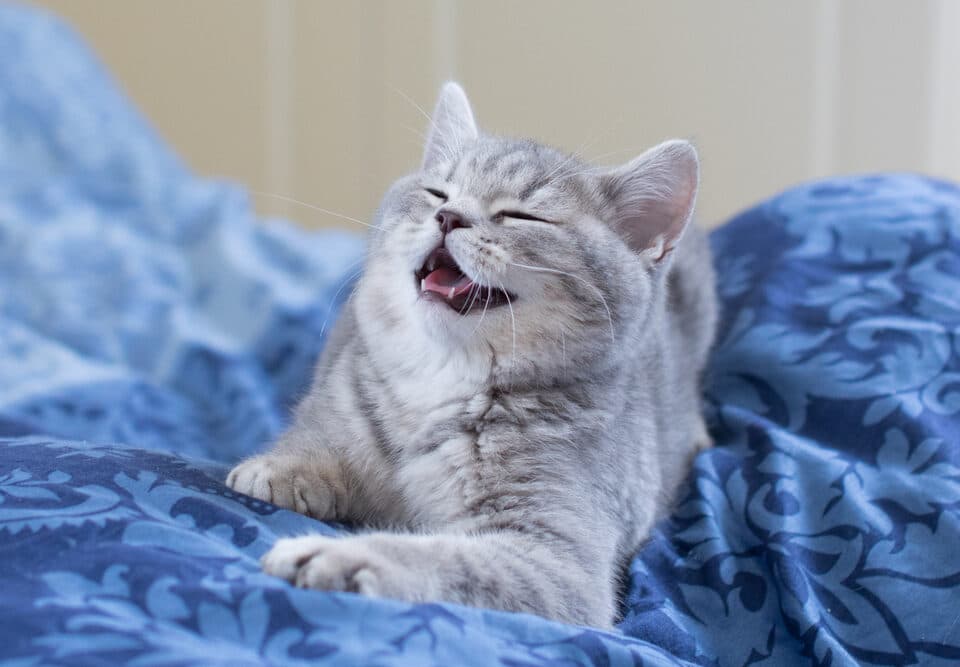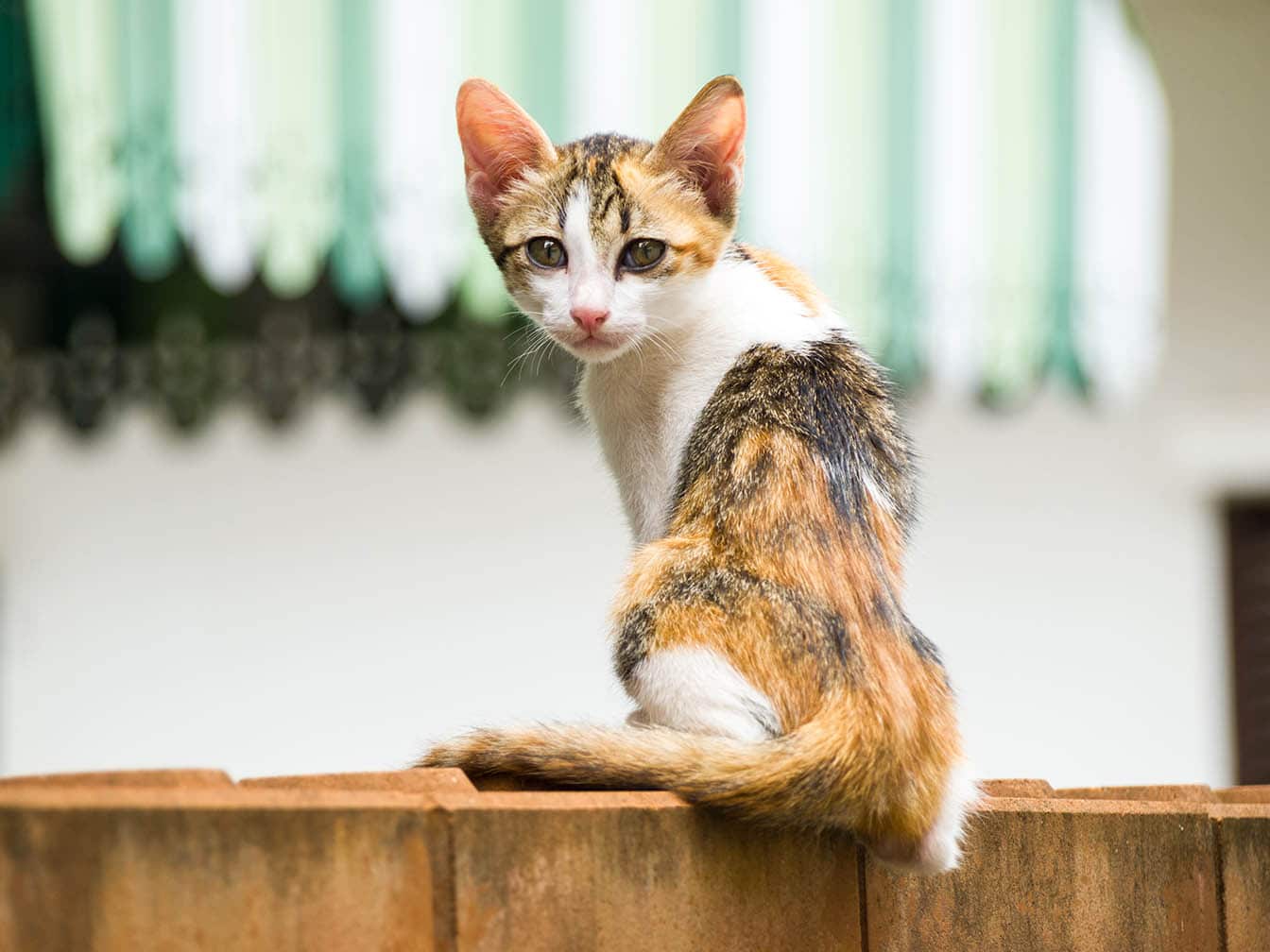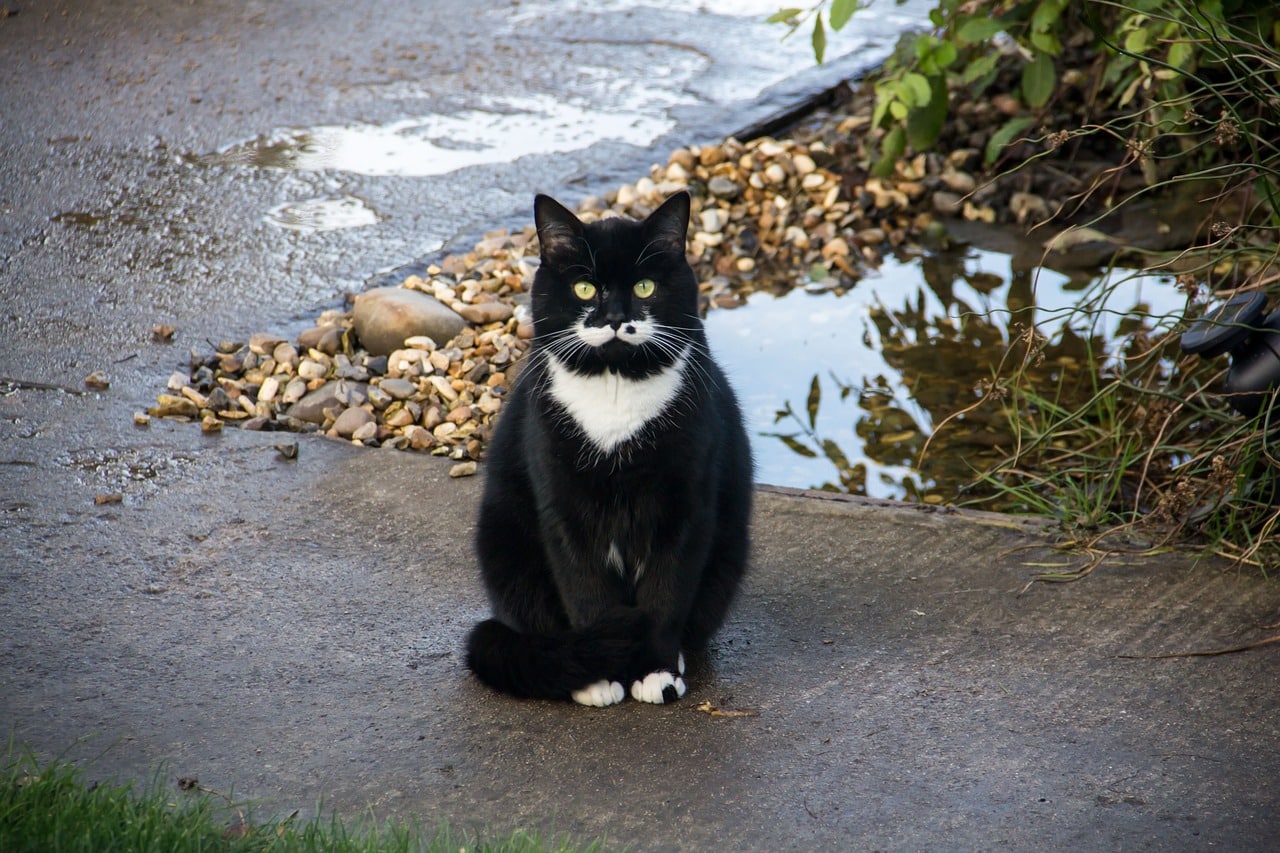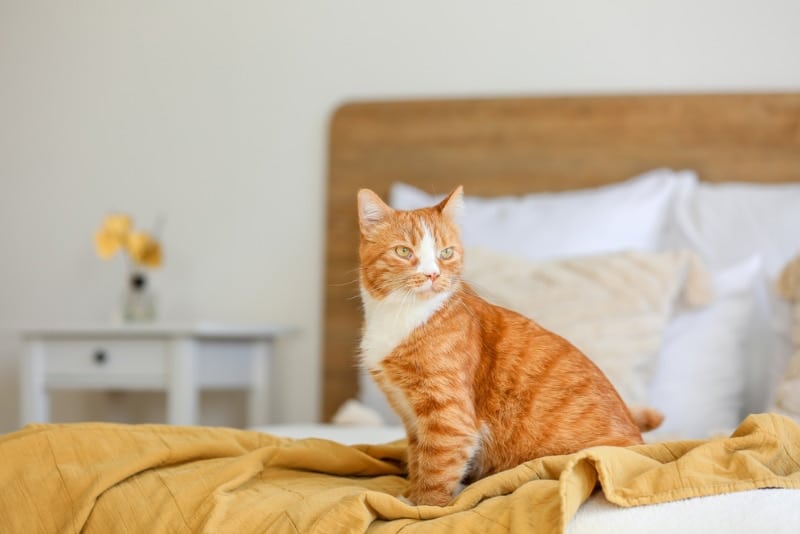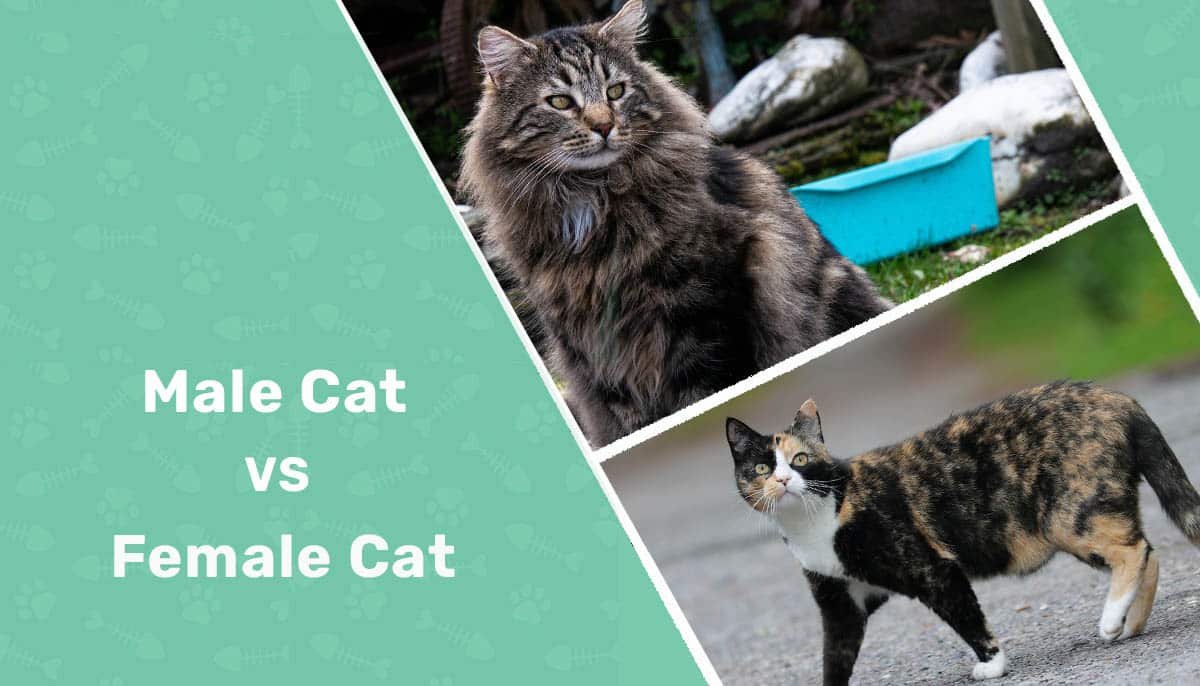Cats, just like us, can experience the occasional hiccup. It’s true!
- While it’s mostly harmless, rapid eating is a common hiccup trigger.
- Another culprit? Cats not chewing their food properly can invite the hiccups.
- Hairballs, particularly pesky for long-haired breeds, can bring on those hiccups.
- Watch out for medical problems that might be causing those hiccups.
Well, guess what! Cats aren’t so different from us when it comes to experiencing hiccups. While the sound might not be the classic ‘hic’ we’re used to, their bellies do the dance when something tickles that diaphragm. Usually, these hiccups don’t stick around long — just a few minutes. But, if they linger, it might be time to dial the vet.
The speed in which your feline friend gobbles down their grub can often be to blame for hiccups. Fast eating means swallowing air, irritating the nerve near their diaphragm. Take a good look during meal times. Is there another furry friend acting all grabby at meal time? Separating cats during feeding time might help slow that gulping down.
Now, let’s talk about the whole chewing thing. Cats that don’t give their kibble a proper chew might find themselves caught in a hiccup hiccup. The result? An upset stomach and, of course, hiccups. Keep an eye on their chewing habits, especially if they seem to wince or pick at their meals. It might be time for a dental check-up.
Here comes the hairball factor — especially for those with long, luxurious coats. Cats hacking away at hairballs can end up irritating their throat, leading to hiccups. If hairballs become a frequent feature, it’s worth talking to the vet about potential dietary tweaks or treatments.
Sometimes, hiccups might hint at something more serious lurking beneath your kitty’s purrfect exterior. Medical issues like gut infections or allergies could be the underlying cause if hiccups come with other symptoms like a change in appetite or bathroom habits. Let the professionals have a look if you spot these warning signs.
Occasional cat hiccups are pretty normal, but persistent ones deserve a vet’s attention.
